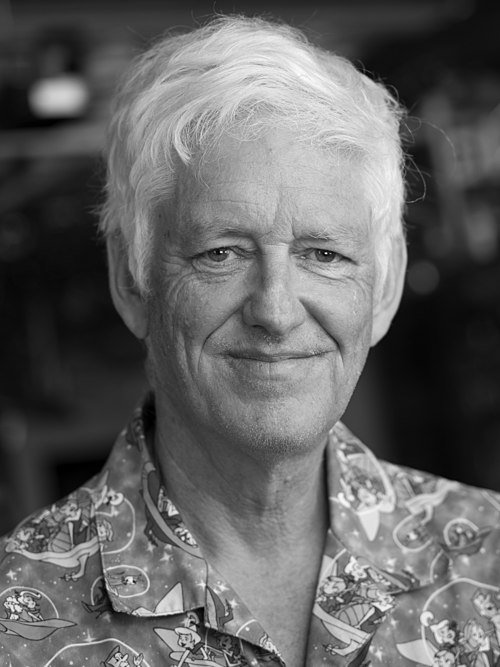Peter Norvig: Shaping the Past, Present, and Future of Artificial Intelligence
Peter Norvig has been a key figure in the field of Artificial Intelligence for over four decades. His journey in AI began with a Bachelor of Science in Applied Mathematics from Brown University, followed by a Ph.D. in Computer Science from the University of California, Berkeley in 1985.
Norvig's most significant contribution to AI education is co-authoring Artificial Intelligence: A Modern Approach with Stuart J. Russell. First published in 1995, it's the leading textbook in the field and has become the standard in AI education, used in over 1,500 universities across 135 countries. It has played a crucial role in shaping how AI is taught and understood globally.
Throughout his career, Norvig has held pivotal roles in both academia and industry. From 1998 to 2001, he served as the head of the Computational Sciences Division at NASA Ames Research Center, where he led a team of 200 scientists in groundbreaking research on autonomy and robotics. His industry experience includes positions at Sun Microsystems, Junglee, and, most notably, Google, where he has been an Engineering Director since 2001, focusing on R&D for improvements in search technology. Norvig's impact on AI education extends beyond his textbook. In 2011, he co-developed a popular online AI course with Sebastian Thrun, which attracted over 160,000 students, pioneering the concept of massive open online courses (MOOCs) in AI education. He continues to be an influential voice in AI education as a Distinguished Education Fellow at Stanford's Institute for Human-Centered AI since November 2021.
In the realm of research, Norvig has made significant contributions to various areas of computer science. His 2009 paper, "The Unreasonable Effectiveness of Data," co-authored with colleagues at Google, has been influential in shaping approaches to machine learning and data-driven AI. This work emphasized the importance of large datasets in solving complex natural language understanding problems.
Norvig's expertise in AI programming, particularly in Common Lisp, has been showcased in his book "Paradigms of AI Programming: Case Studies in Common Lisp." His work spans natural language processing, information retrieval, and software engineering, with over fifty publications in these areas.
Recently, Norvig has been at the forefront of discussions about the current state and future of AI. He co-authored an article arguing that Artificial General Intelligence (AGI) has already arrived, comparing it to the early days of computing and aviation. This perspective challenges conventional thinking about AI development and has sparked important conversations in the field.
Throughout his career, Norvig has received numerous accolades. He was elected an AAAI Fellow in 2001 and a fellow of the Association for Computing Machinery in 2006, recognizing his significant contributions to the field of AI.
Peter Norvig's career exemplifies a unique blend of academic rigor, industry innovation, and educational passion. From his early days at Brown and Berkeley to his current roles that include doing research at Google and Stanford HAI, Norvig has consistently been at the cutting edge of AI. His work continues to shape the field of AI, inspiring new generations of researchers and practitioners to push the boundaries of what's possible in artificial intelligence.z
If you're interested in booking Peter Norvig as a speaker for your event, you can do so through Speak About AI. For more information about Peter Norvig, his speaking topics, and videos of past talks are on his page. If you're interested in booking him, contact us directly.

